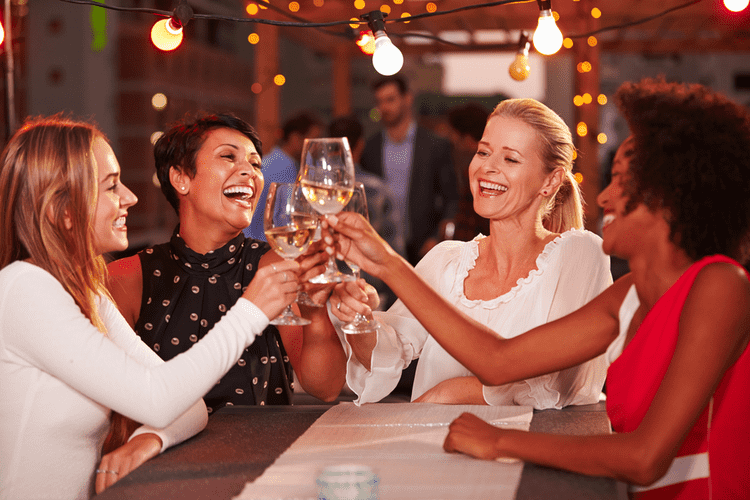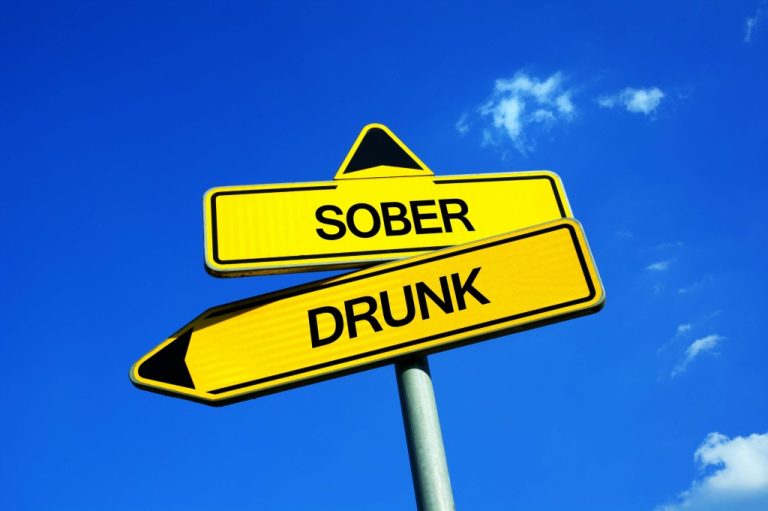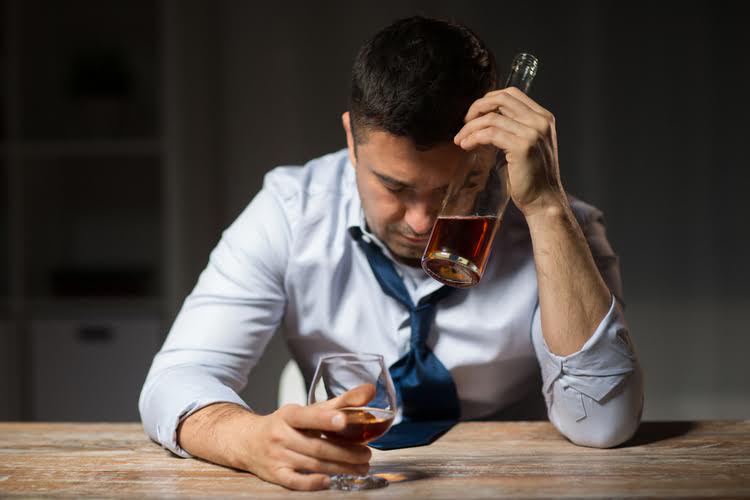If you can’t be absolutely certain about the underlying cause, don’t make a risky decision – transport to an appropriate medical facility. As ethanol levels rise, this phase is followed invariably by increasing drowsiness, clumsiness, and a decreasing level of consciousness. A highly intoxicated patient may become combative without realizing what is happening. Eventually, the patient will lose control of their airway, causing obstruction by the tongue or emesis. Paradoxically, there may be an excessive amount of glucose in the bloodstream, yet the cells themselves are starving for it. This triggers the hunger reflex to set in, causing the patient to eat (polyphagia), increasing BGL even more.
Is Gen Z the healthiest generation?
- Tachycardia, bradycardia, or other types of hypotension could cause a cardiac syncope.
- This puts you at severe risk for seizures or death because your friends think you’re just sleeping when you’re actually blackout drunk and suffering from severe hypoglycemia at the same time.
- In people with diabetes, the pancreas does not produce sufficient insulin (type 1 diabetes) or the body does not respond appropriately to the insulin (type 2 diabetes).
- This potentially beneficial effect was observed in both men and women, regardless of age.
- Drinking too much alcohol can cause diabetes by causing chronic inflammation of the pancreas (pancreatitis), impairing its ability to release insulin.
- However, the blackout, characterized by amnesia during episodes of intoxication where the subject is conscious and able to carry on conversations or even drive a vehicle [8,9], is a manifestation of the selective effects of alcohol on specific brain systems.
- If you drink, do it occasionally and only when your diabetes and blood sugar level are well-controlled.
Thus, a person who has been drinking alcohol and not eating for 1 or more days has exhausted his or her glycogen supply. Although our understanding of alcohol-induced blackouts has improved dramatically, additional research is clearly necessary. By fine-tuning our approach to studying blackouts, we will improve our understanding of alcohol-induced blackouts, and consequently, be better situated to improve prevention https://businesstribuneonline.com/top-5-advantages-of-staying-in-a-sober-living-house/ strategies. Experts have known for a while that heavy drinking — meaning eight or more drinks per week for women and 15-plus per week for men — raises your risk for high blood pressure (a.k.a. hypertension). When blood pressure, the force of blood flowing through your arteries, is consistently high, that ups your risk for heart attack, stroke and heart failure, as well as vision loss and kidney disease.
Symptoms Of Dangerous Drinking In Diabetics
While you’re unconscious, your blood sugar could begin to plummet as a result of the alcohol, having not eaten enough, and all of the other everyday causes of low blood sugar (like dancing wildly at a club with friends…while drinking). At this point, you’re not going to wake-up to the symptoms of a low blood sugar or be able to consume carbohydrates. Still, several studies link heavy alcohol use to learning and memory problems. It’s unclear whether blacking out causes serious long-term damage, but heavy alcohol use and risky behaviors while blacked out can have serious long-term health effects. People who are drunk or blacked out are more likely to try illicit drugs than they would be sober.
Study Characteristics

Based on assumptions regarding the alcohol content of the beverages mentioned in the study, “heavy” drinkers were defined as those who ingested 29 grams of alcohol, or approximately two to three standard drinks, per day. Ketoacidosis typically occurs in patients with type 1 diabetes who completely lack insulin. In rare cases, however, the condition also may affect people with type 2 diabetes. In a milder form, ketoacidosis may even occur in people who are fasting. In those people, insulin levels are diminished, because the fasting has considerably lowered their blood sugar levels, thereby depriving the pancreas of its stimulus to produce and secrete insulin.

“Those who drink heavily are three times as likely to be hypertensive” as those who abstain. “Everybody’s a little bit different, so you can’t just copy how a friend with diabetes manages their insulin around a glass of wine,” says Harris. Even the morning after a night of drinking, you can find yourself craving greasy, heavy foods. Sober House Even regularly drinking just one or two glasses of wine a night can have a large impact on your motivation to exercise the next day. This puts you at severe risk for seizures or death because your friends think you’re just sleeping when you’re actually blackout drunk and suffering from severe hypoglycemia at the same time.
